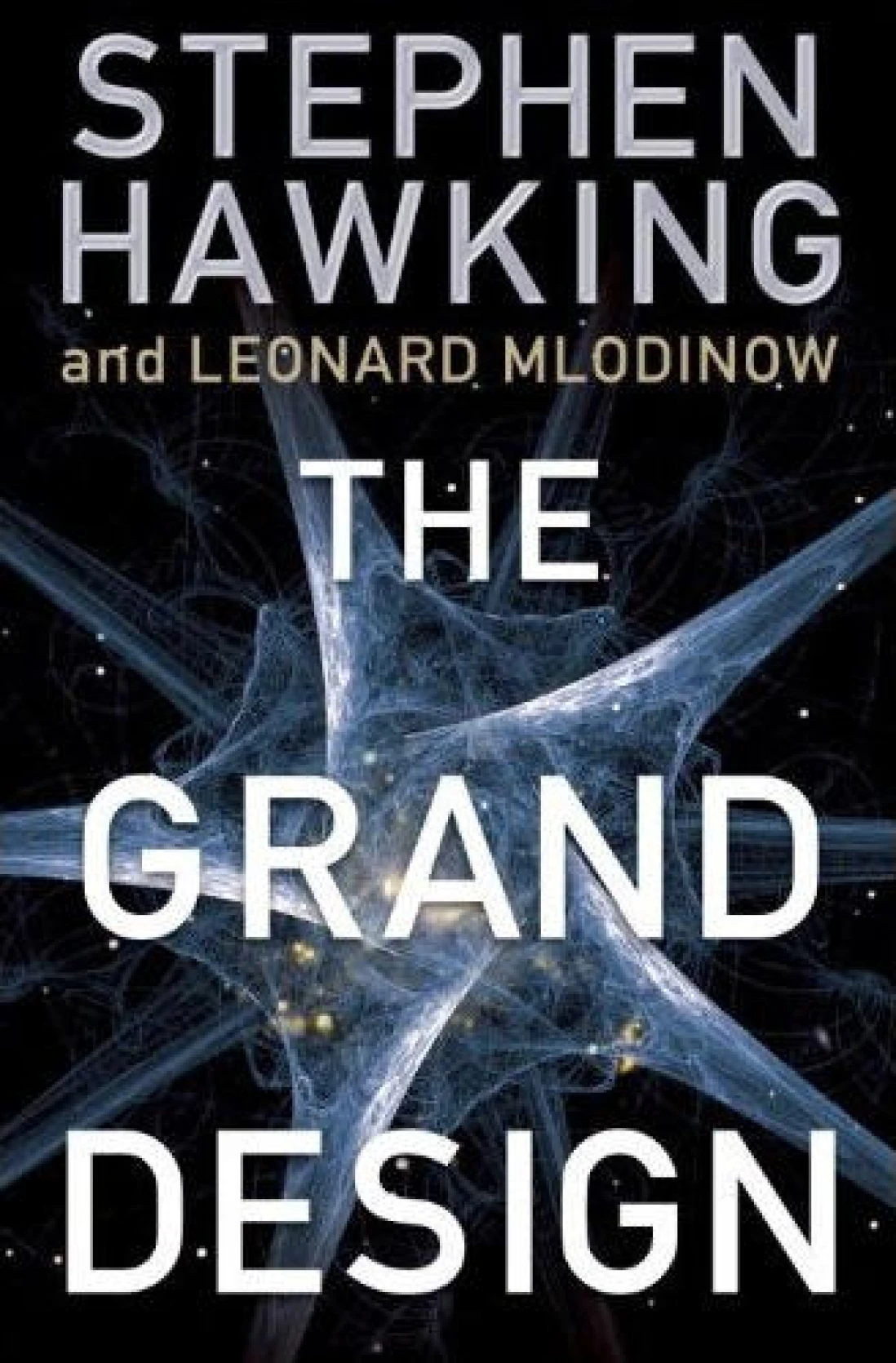National Secular Society says Hawking book 'puts God back on the agenda'

The debate over Professor Stephen Hawking's new book places God squarely back on the agenda - that is the consensus between representatives of the National Secular Society (NSS) and Cambridge University's Faraday Institute for Science and Religion (FISR) during a debate on Premier Christian Radio last week.
Rev Dr Rodney Holder from the FISR said Professor Hawking, like Richard Dawkins, raises the issue of God and that could only be good: "It puts God back on the agenda in many ways. Richard Dawkins does the same thing actually, far more militantly than Stephen Hawking. He's put God back on the agenda as a debating point in the pubs, clubs and radio programmes up and down the country and there's a lot of merit in that."
Nikolai Segora, physicist and member of the NSS, agreed it was a good thing: "It puts God back on the agenda and it puts the debate back on the agenda."
But he criticised Hawking and Dawkins for mixing religion, philosophy and science: "People like Richard Dawkins always, sometimes rather willy-nilly, mix their philosophy and their metaphysics and their religion with science and that's actually just as dangerous as the other way around, a creationist mixing their religion with science, as a scientist mixing their science with religion.
"Its very, very important for scientists to understand that the way they communicate these things and these opinions on God and on the cosmological argument and such like, that they are very, very careful to state them in way which makes it clear that these are personal opinions that they hold, that they are not the opinion of science and that they are not really even in the business of science."
Professor Stephen Hawking, Britain's most eminent scientist, rejects divine intervention in his new book, The Grand Design, published on September 9, maintaining that God didn't create the universe and that we existed thanks to spontaneous creation. He wrote: "It is not necessary to invoke God to light the blue touch paper and set the Universe going."
But Holder said the idea that the universe could create itself from nothing was "deeply paradoxical": "Generally when physicists talk about the universe creating itself from nothing they're not really talking about absolutely nothing, they're talking about quantum fields acting on some kind of space time, quantum fluctuations, whatever it might be, the latest version of String theory...very complicated things, so its never really creating out of nothing, and the idea that gravity creates the universe, as Hawkins seems to say, or spontaneous creation out of nothing, does seem to me to be self-contradictory."
Segora added: "I don't think that stating that there is no God involved or no need for a God involved in the creation of the universe, is a view that science can have, far less a view that science does have, as an institution, so scientists need to be very, very careful about stating views outside of science lest they be reported as a scientific view."